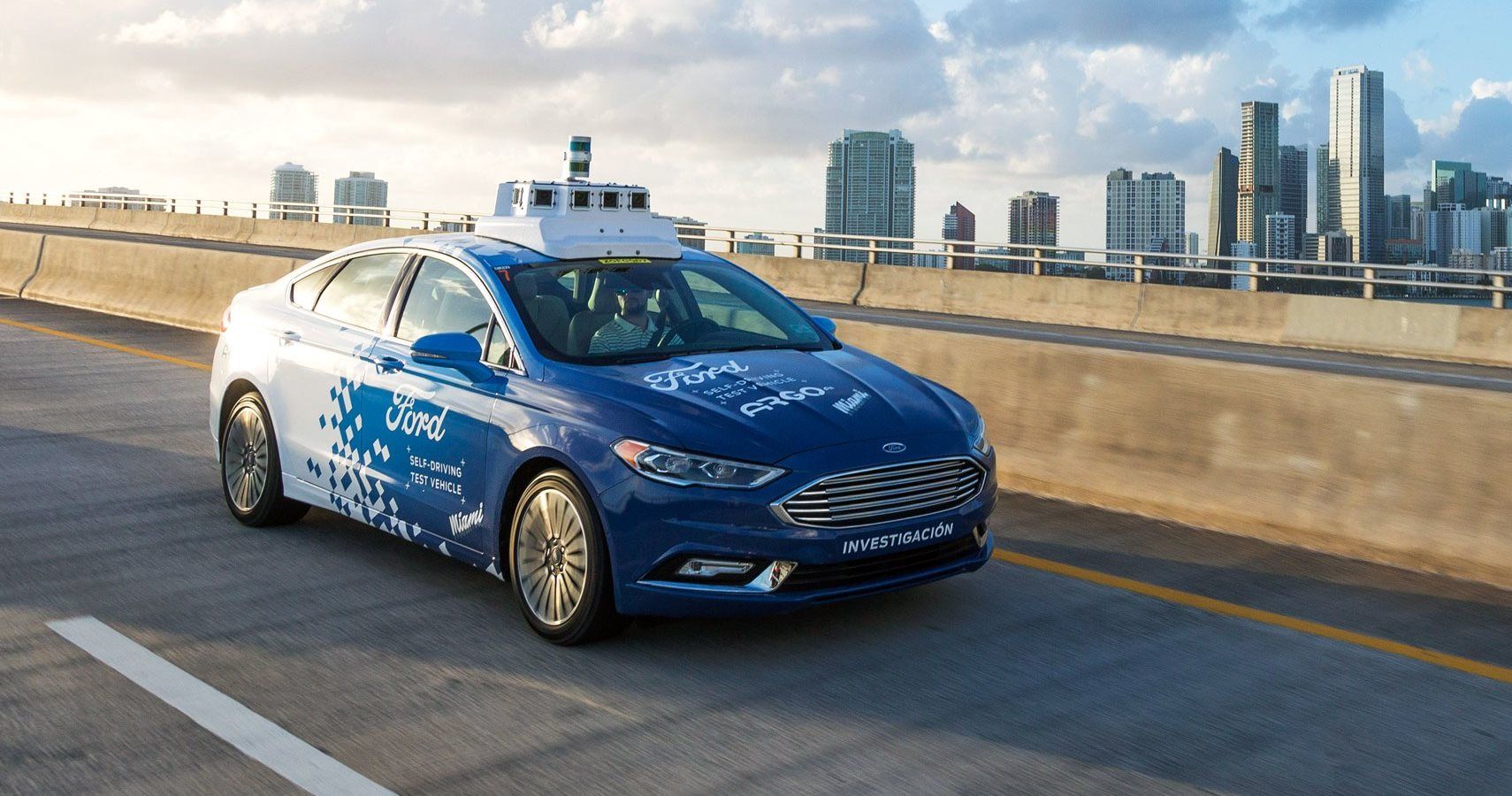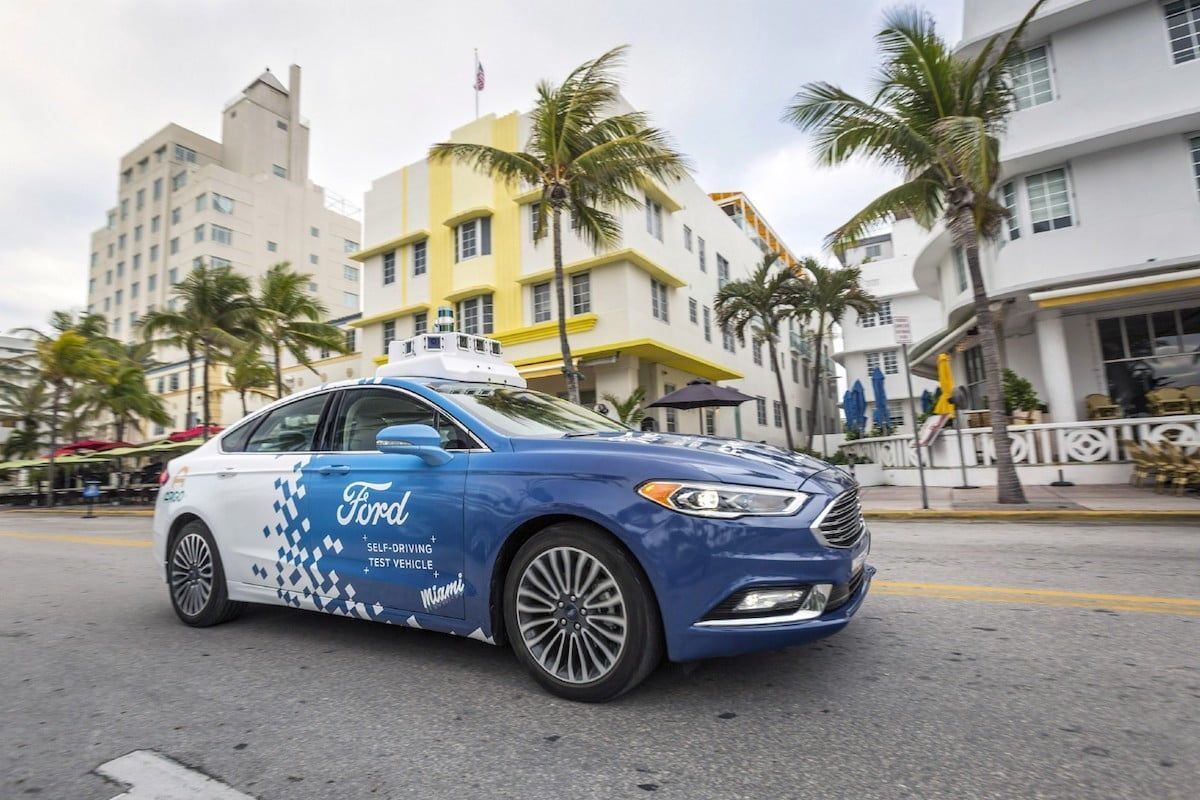Ford, GM, and Toyota are joining forces to help bring rules and regulations to self-driving cars in America.
Right now, it’s a wild west for autonomous cars. While most states require a human to be behind the wheel of any operating vehicle, carmakers are pushing for true autonomy. There’s an entire industry waiting to be born with robot taxis and ride-hailing services that don’t rely on a human driver, and Ford, GM, and Toyota want to pave the way forward by setting some ground rules.
That’s why they’ve announced a consortium to create safety standards that all self-driving cars can follow.
Called the Automated Vehicle Safety Consortium, the three biggest carmakers in America will be joined by engineering firm SAE international “to safely advance testing, pre-competitive development, and deployment” of autonomous vehicles. According to a report from Reuters, priorities for the consortium will be “data sharing, vehicle interaction with other road users, and safe testing guidelines.”
Last year, Congress was considering legislation that would open the path for far greater use of self-driving cars by eliminating the requirement for human controls. Currently, the NHTSA requires all road-going cars to have a steering wheel, pedals, and everything else necessary for a human to drive a car.
RELATED: AUTONOMOUS TRAILER HITCHING? IT MIGHT COME SOONER THAN YOU THINK
That legislation died on the floor, but they might resurrect it to try again this year. And if they do, Ford, GM, and Toyota will be ready to offer their two-cents.
However, sentiment against self-driving cars is at an all-time high. Last year’s fatal crash between a pedestrian and a self-driving vehicle operated by Uber really put a damper on the autonomous car. A recent survey from AAA indicates that 71% of Americans are too distrustful of self-driving cars to set foot inside one, up from 63% the year before.
This will likely only delay the implementation of self-driving cars, as every major carmaker in the world has some investment into an automated future. As income inequality grows and more people are simply unable to afford a car of their own, automated ride-hailing is seen as the only way forward for carmakers to continue producing automobiles in the volume they currently do.


